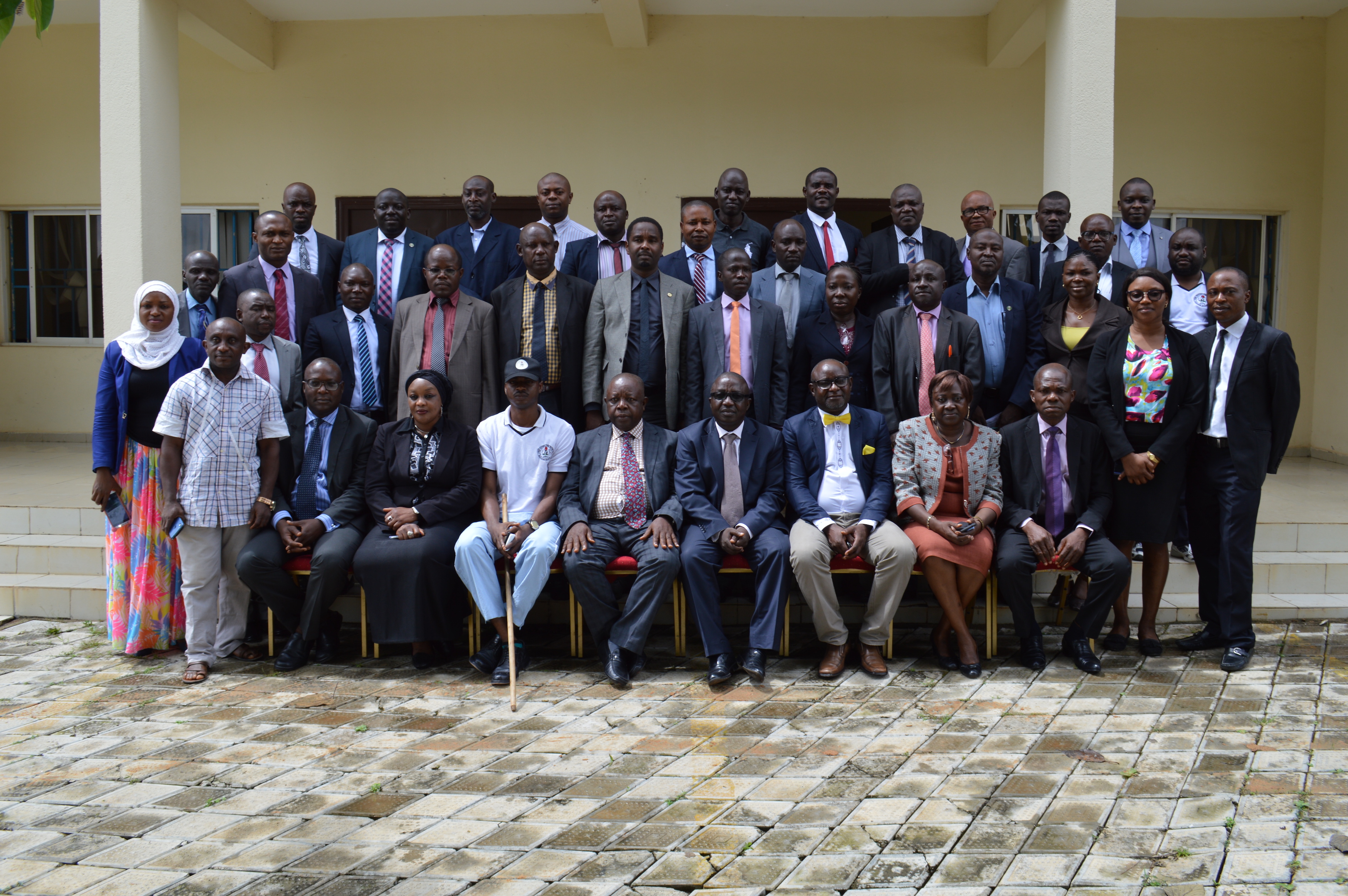The Acting Chairman of the Independent Corrupt Practices and Other Related Offences Commission (ICPC), Dr. Musa Usman Abubakar, has said that for ICPC to effectively tackle the menace of corruption and rid the nation of its adverse effects, it is necessary for operatives to regularly undergo training.
He made the recommendation recently at the Anti-Corruption Academy of Nigeria (ACAN), the research and training arm of ICPC, in Keffi, during the opening ceremony of a 4-week course for batch 3, on “Basic Investigation and Intelligence,” a training organized for officers within the range of Grade Level 7 to14.
Dr. Abubakar who was represented by the Head of Administration of ICPC, Mr. G.N Bako, noted that the course was important because it would enable staff to adapt seamlessly whenever they are redeployed to new departments, especially operational ones.
He then charged the trainees to be well-behaved, stay focused and be ready to learn so that they would afterwards employ the gains of the training in making the Commission achieve its mandate.
Earlier in his welcome address, Provost of the Academy, Professor Shola Akinrinade, who spoke through Mr. Samson Iroka, the Head of Administration of ACAN, stated that one of the reasons for setting up the Academy was to build the capacity of the staff of ICPC and other organisations.
The Provost of ACAN noted that for operatives to successfully fight corruption, they must always be ahead of offenders, adding that the essence of the training was to sharpen the skills of officers to enable them to perform optimally in their various schedules.
Speaking also at the ceremony, Mr. Godwin Oche, the Head of Training Unit of ICPC pointed out that the objectives, structure, and content of the training for batch 3 have been re-examined and modified, adding that the new focus was to turn out a set of ICPC operatives who are well-rounded.
Mr. Oche said that elements of each of the operational activities of Commission have been embedded in the new curriculum with the intention that at the end of the training, officers would become “fire-brand operatives in both theory and practical knowledge of the job.”
He also said that the course would involve physical exercises and all-day lectures, while calling on the trainees to be resilient and ready to endure.

